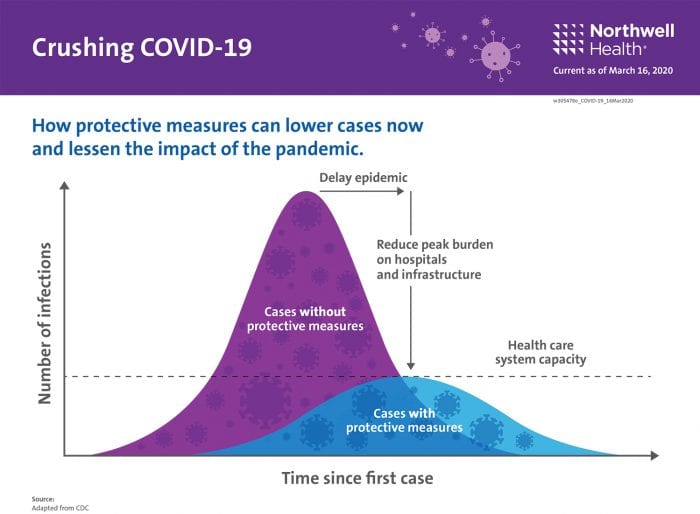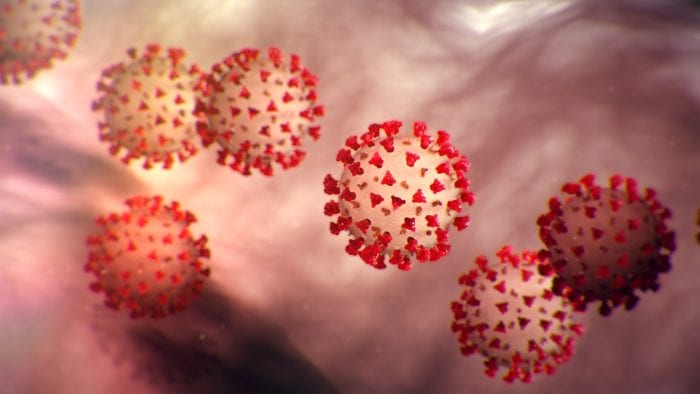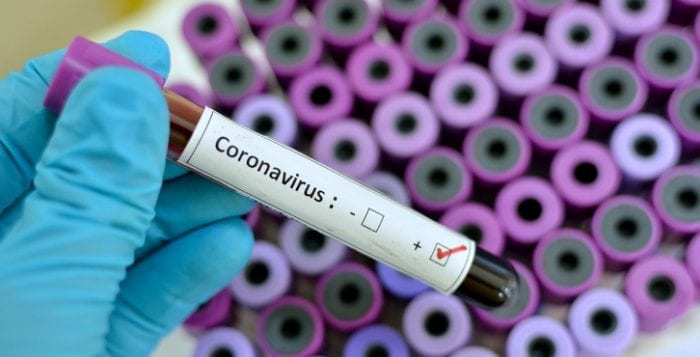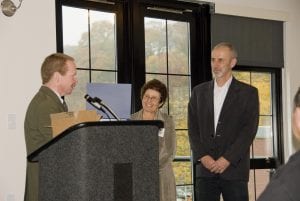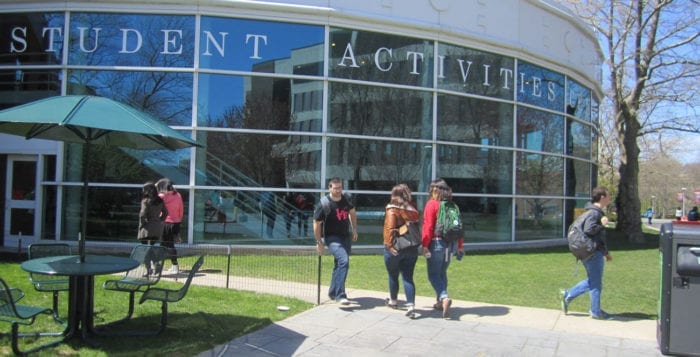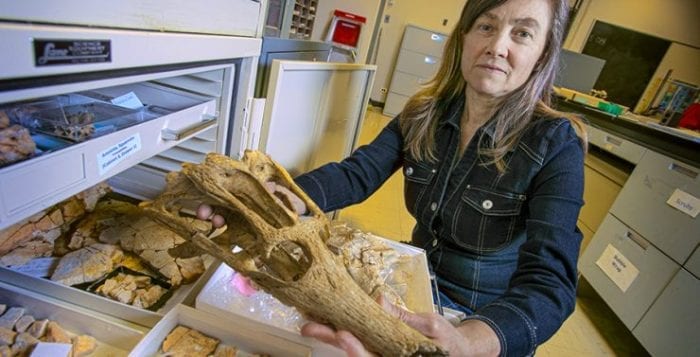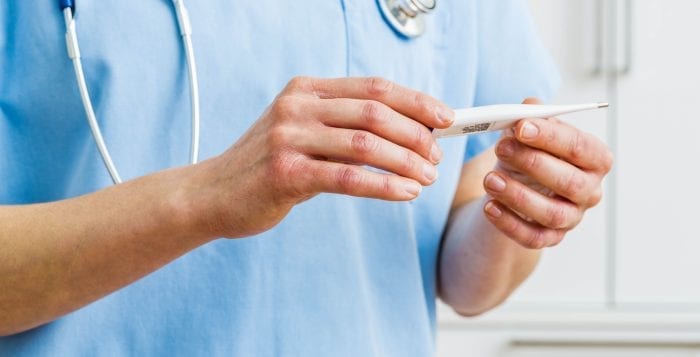By Daniel Dunaief

Welcome to the home office. I have been working from home for years and would like to offer a few tips.
For starters, pets are generally awesome. They can reduce the stress from deadlines and from abrasive calls. Much more often than not, they seem absolutely delighted to see us and to give and receive positive attention.
The wag, wag, wag of a dog’s tail is almost as wonderful as the squeal of a happy toddler when he sees the ice cream on his plate or learns about a trip to the store — ah good times, remember when stores were open? — or to a visit with a favorite relative.
But then there’s the dark side. My big dog offers quiet companionship most of the time. He does, however, have an uncanny knack of barking at what appears to be absolutely nothing outside when I’m on the phone with someone who is coming to the point of a long and deeply moving anecdote.
Nothing takes the professional veneer off an interview with a Nobel Prize winning scientist, the chairman of a department or the head of a medical school faster than the unwelcome sound of a dog barking.
Well, that’s not entirely true. I have exacerbated that dilemma. You see, I thought I hit the mute button on my phone and shouted unpleasant words at my wonderful four-legged companion, only to discover that, in my haste, I missed the button, giving my professional contact an earful of seemingly out-of-my-mind comments.
So, there are two lessons: Keep your barking dogs far from the phone when possible, and make absolutely sure you push the mute button before breaking character and insisting that your beloved buddy stops barking at the squirrel that tortures him — and you — during important calls.
OK, so the next tip is fairly obvious, but bears repeating. The refrigerator is not calling you. While you’re home, you will undoubtedly have competing impulses that you might not have indulged in at the office with a trip to the kitchen. One of them is to fill the momentary lull between calls, or the period when you might otherwise chat at the watercooler about the latest sports games — ah, remember when we used to watch sports in real time? The kitchen is fine and doesn’t need a visit, especially given the dwindling supply of basic items that might be harder to get the next time you go to the supermarket — ah, remember the good times. OK, you get the idea.
Create signals with the rest of the family, who are home with you or back in the nest to alert them to the most important work-related tasks of your day. If you are on a conference call with people who are signing up for off-site responsibilities for the next few weeks, the last thing you want to do is have someone come to your work space and ask if you’ve seen the blue sock to match the one he’s holding with an exasperated look at your door.
Finally, remember that the kind of things you might say in the context of gossip or jokes don’t always translate through texts and emails. No matter how some emojis might indicate that you’re joking — a winking circular blob, perhaps or a shrugging face — the person on the receiving end of your witticisms might not get it and might not find your brilliance so charming, especially if she’s still upset at the words she screamed at her barking dog earlier in the day.


